Iran’s exports to Iraq rise despite US shenanigans
Iran’s exports to Iraq are growing despite US pressure on Baghdad to curb trade between the two neighbors, IRNA reports.
The news agency quoted Abdol-Amir Rabihavi, the business adviser of the Islamic Republic in Iraq, as saying that Iran's exports to Iraq will reach 10 billion dollars by the end of the current Iranian year in March.
For months, the US has restricted Iraq’s access to its own dollars, trying to stamp out the country’s trade with Iran. Iraq is now feeling the crunch, with a drop in the value of its currency and public anger blowing back against the government.
The dinar’s deterioration comes even though Iraq’s foreign currency reserves are at an all-time high of around $100 billion, pumped up by spiking global oil prices that have brought increasing revenues to the petroleum-rich nation.
But accessing that money is a different story.
Since the US invasion of Iraq in 2003, Iraq’s foreign currency reserves have been housed at the United States’ Federal Reserve, giving the Americans significant control over Iraq’s supply of dollars. The Central Bank of Iraq requests dollars from the Fed and then sells them to commercial banks and exchange houses at the official exchange rate through a mechanism known as the “dollar auction.”
The system of keeping Iraq’s oil revenues at the Fed was originally imposed by UN Security Council resolutions after the 2003 ouster of Iraq’s Saddam Hussein by the US-led invasion. Later, Iraq chose to maintain the system to protect its revenues against potential lawsuits, particularly in connection to Iraq’s 1990s invasion of Kuwait.
In the past, daily sales through the auction often exceeded $250 million per day. The vast majority of the dollars sold in the auction are meant to go to purchases of goods imported by Iraqi companies.
“The average supply of dollars, which is completely controlled by Washington, is now between 79 million and 84 million dollars per day, and in fact, the United States is responsible for the sharp decrease in the supply of dollars in Iraq,” Rabihavi said.
As a result, far fewer of the dollars are going toward buying imports as well, down to around 34% from 90%, which has resulted in steep rises in commodity prices.
Iraq relies on Iran for natural gas that generates as much as 45 percent of its 14,000 megawatts of electricity consumed daily. Iran transmits another 1,000 megawatts directly, making itself an indispensable energy source for its Arab neighbor.
Iraq also imports a wide range of goods from Iran, including food, agricultural products, home appliances, air conditioners and car parts.
The US has had to repeatedly extend sanctions exemption by 45, 90 or 120 days, to allow Baghdad to import Iranian energy, but it is unhappy with close relationship and trade between Baghdad and Tehran.
In the past, officials in Baghdad have said there is no easy substitute to imports from Iran because it would take years to adequately build up Iraq’s infrastructure.
They have said American demand acknowledges neither Iraq’s energy needs nor the complex relations between Baghdad and Tehran.
Head of the Iran-Iraq Joint Chamber of Commerce Yahya Al-e Es’haq said, “With the new banking sanctions by the United States, the monitoring of banks and transfers of dollars in Iraq have increased, which has led to restrictions.”
“The supply of dollars in the Iraqi market has decreased and its price has increased, which has harmed business in the country,” he added.
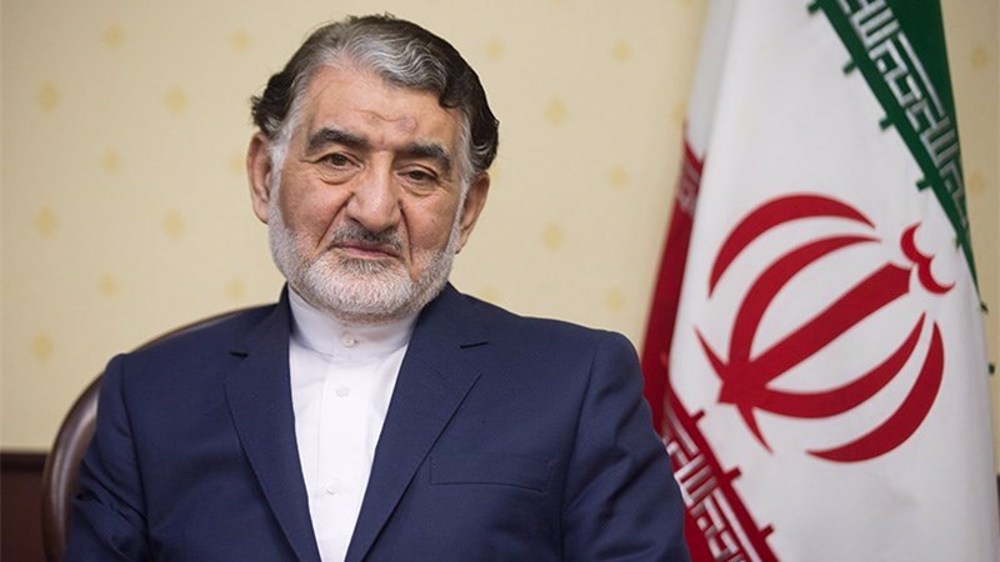
Even when transactions are approved, it takes banks up to 15 days to get the funds rather than two or three days.
Unable to get dollars at the official price through banks, traders have turned to the black market to buy dollars, causing the price to rise.
According to Al-e Es’haq, some Iraqi money changers are currently holding up on money transfers in the expectation that the dinar rate will increase again.
The exchange rate for the Iraqi dinar has jumped to around 1,750 to the dollar at street exchanges in some parts of the country, compared to the official rate of 1,500 dinars to the dollar.
Al-e Es’haq touched on measures taken by the Iraqi government to balance the currency market, expecting that the fluctuations will decrease and problems will be solved.
Meanwhile, Iraqi Prime Minister Mohammed Shia al-Sudani has played down the current devaluation as “a temporary issue of trading and speculation.” He replaced the Central Bank governor and instituted measures intended to ensure a supply of dollars at the official rate.
Al-e Es’haq said Iran’s exports to Iraq continue without any interruption, and the two countries expect their trade to increase. "During the coming days, the problems of currency transfer in Iraqi exchanges will be resolved."
“The two countries have friendly relations regardless of the governments which currently administer them. This strong relationship is vital for Tehran and Baghdad,” Al-e Es’haq added.
Iran seeks South Korea’s assistance for AI, fiber-optic projects
VIDEO | Iran's 'Eqtedar' (Power) maneuver
Israel hits HTS military target in Syria for 1st time since fall of Assad
VIDEO | Press TV's news headlines
Israel has slaughtered 13,000 students in Gaza, West Bank
VIDEO | More Zionist than Zionists: Biden’s legacy to be defined by Gaza genocide
Hamas confirms handing approval of Gaza ceasefire deal to mediators
VIDEO | Iran: Show of strength


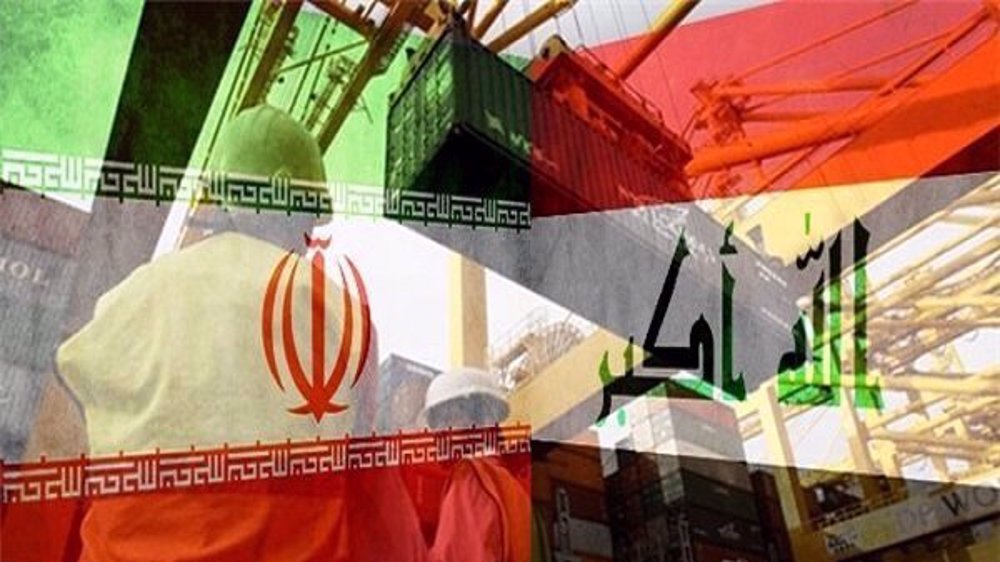
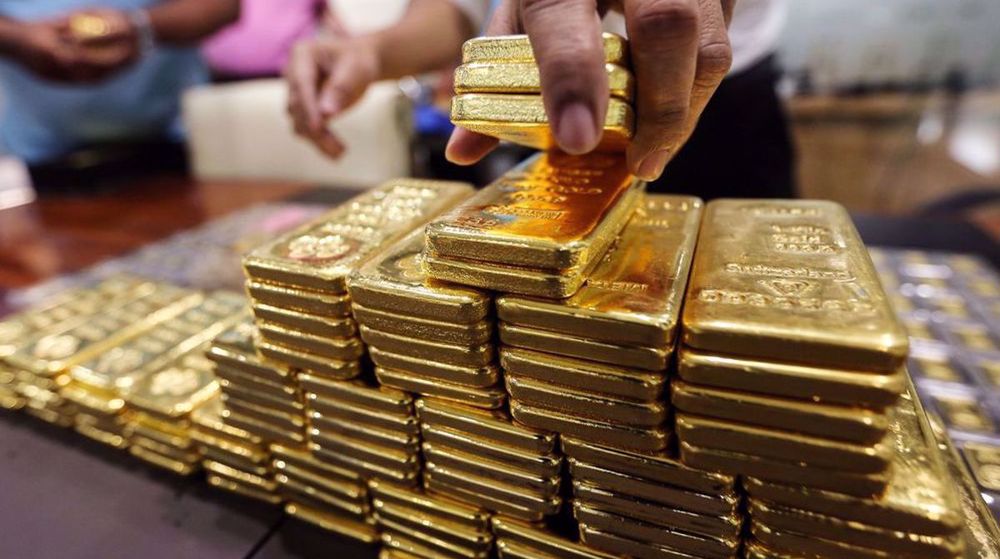
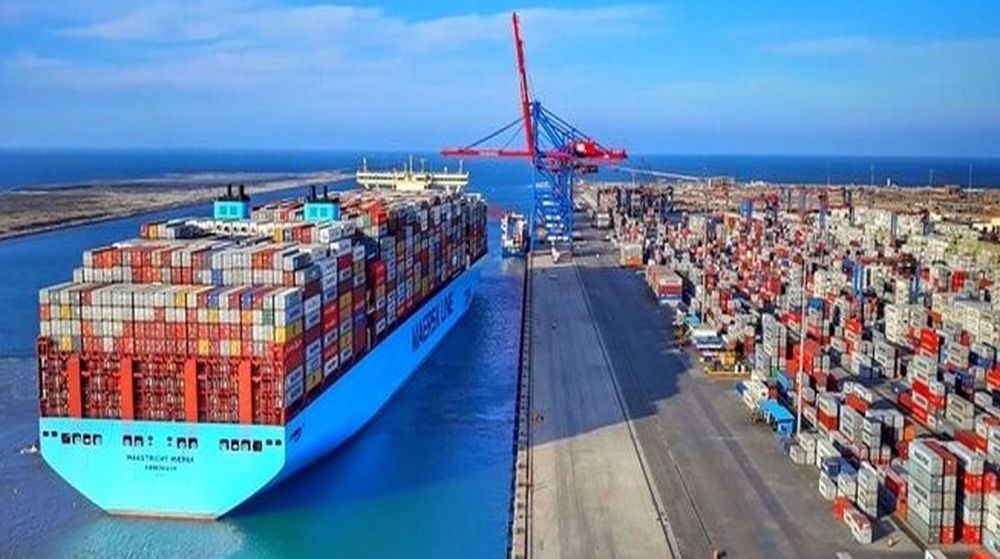
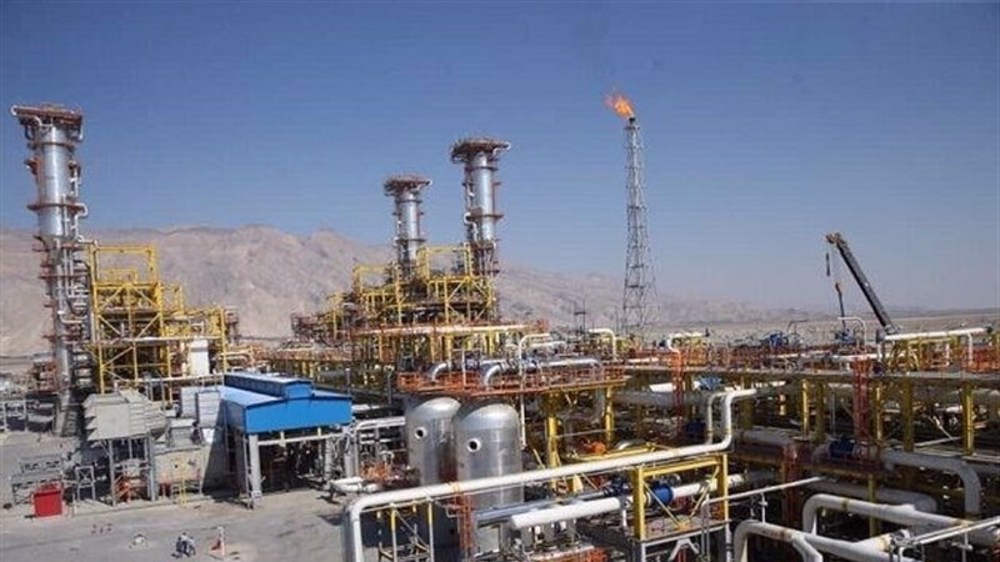




 This makes it easy to access the Press TV website
This makes it easy to access the Press TV website